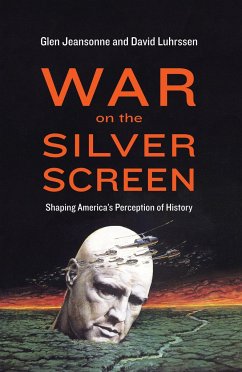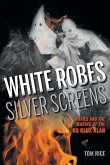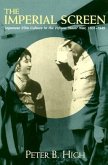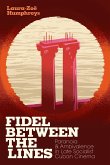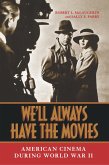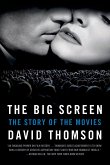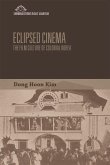Americans have been almost constantly at war since 1917. In addition to two world wars, the United States has fought proxy wars, propaganda wars, and a "war on terror," among others. But even with the constant presence of war in American life, much of what Americans remember about those conflicts comes from Hollywood depictions. In War on the Silver Screen Glen Jeansonne and David Luhrssen vividly demonstrate how war movies have burned the images and impressions of those wars onto the American psyche more concretely than has the reality of the wars themselves. That is, our feelings about wars are generated less by what we learn through study and discourse than by powerful cinematic images and dialogue. Films are compressed, intense, and immediate and often a collective experience rather than a solitary one. Actors and drama provide the visceral impact necessary to form perceptions of history that are much more enduring than those generated by other media or experiences. War on the Silver Screen draws on more than a century of films and history, including classics such as All Quiet on the Western Front, Apocalypse Now, and The Hurt Locker, to examine the legacy of American cinema on twentieth- and twenty-first-century attitudes about war.

